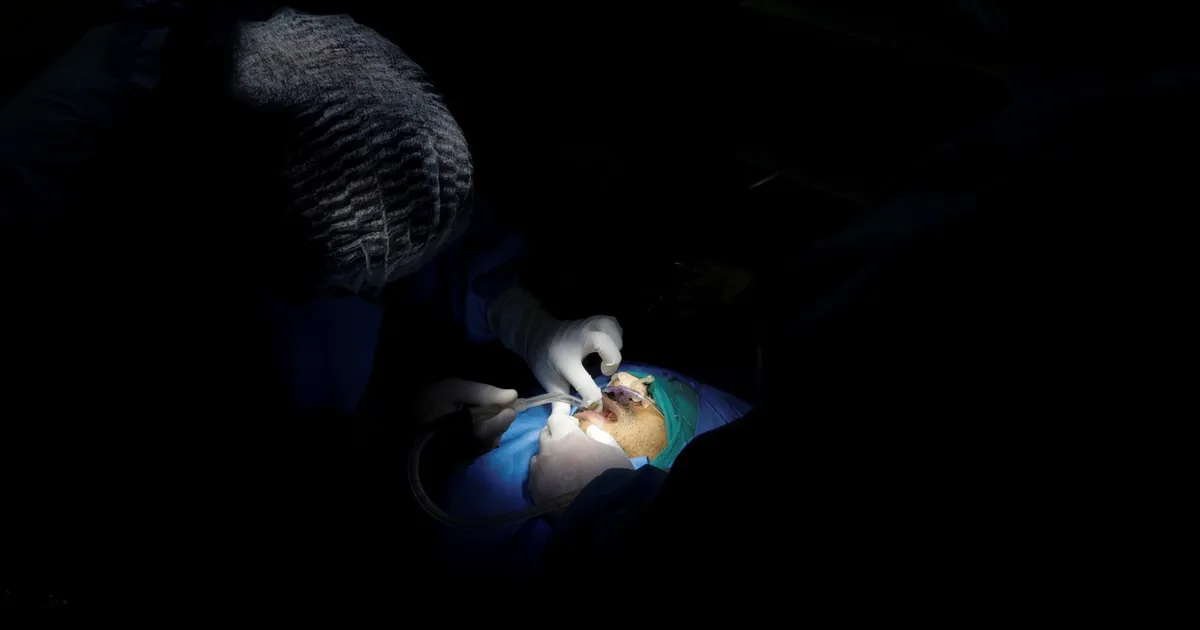A clinical trial led by researchers at University College of London has revealed that surgery is the most effective choice to treat chronic sinusitis compared to the use of long -term antibiotics, which is a turning point in the methods to treat this widespread disease. Chronic sinusitis is one of the most common diseases of the nose, as it affects about one in ten adults around the world, as patients complain about blockage and running nose, odor loss, facial pain, constant fatigue and even the breathing problems such as asthma. Although similar to the symptoms of the cold, this inflammation may last months or years. Methods to treat chronic sinusitis pharmacokinetry nasal cortisone sprays to reduce inflammation. Link with salt solution to clean mucus and germs. Antibiotics (in the case of a bacterial infection). Anti -fungal medication (if the cause is innate). Antihistamine medication (if there is an associated allergy). Not -pharmaceutical therapy steam inhalation to relieve nasal obstruction. Drink enough water to keep mucus. Avoid irritants such as smoke and infected air. Advanced medical intervention with oral steroid therapy for a short period in severe cases. Immunotherapy (for people with chronic associated sensitivity). Surgical surgery for sinus operations (Fess) to remove blockages or nasal attachments. To expand pocket holes to facilitate secretion of secretions. More than 500 patients from different regions of Britain participated in the clinical experiment, where all participants received the usual treatments of nasal corticosteroid sprays and saline solutions, meant what proved a partial effectiveness in the mitigating symptoms. Thereafter, they were randomly distributed to three groups, the first underwent surgery in the sinuses, and the second took antibiotics in low doses over a three -month period, while the third group obtained false tablets that did not contain an effective substance. Surgery showed its effectiveness to significantly reduce the symptoms of chronic sinusitis, while antibiotics showed no benefit, ‘Karl Philipot’, a researcher at East Anglia, the British University, showed the results, published in the ‘Lancet’ journal ‘that 87% of the patients who were under the felt, with the ongoing decline. On the other hand, antibiotics showed no interest compared to imaginary therapy, which puts significant question marks on the feasibility of their long -term use in these cases. The study author, Karl Philipot, a researcher at the University of East Anglia, said that surgery has effectively proved to significantly reduce the symptoms of chronic sinusitis, while antibiotics have shown no benefit, as this result can change the rules of treatment worldwide. The author, Claire Hopkins, of Jayez Hospital in London, confirmed his side that the results of the experiment would give patients and doctors more confidence to use surgery, especially with the restrictions imposed on their availability in some British regions. And believes that the study has provided strong evidence of the effectiveness of surgery when topical treatments fail, pointing out that its success reflects the strength of research collaboration between universities and medical institutions in the UK.
Study: Surgery “Better Option” for the treatment of chronic sinusitis
